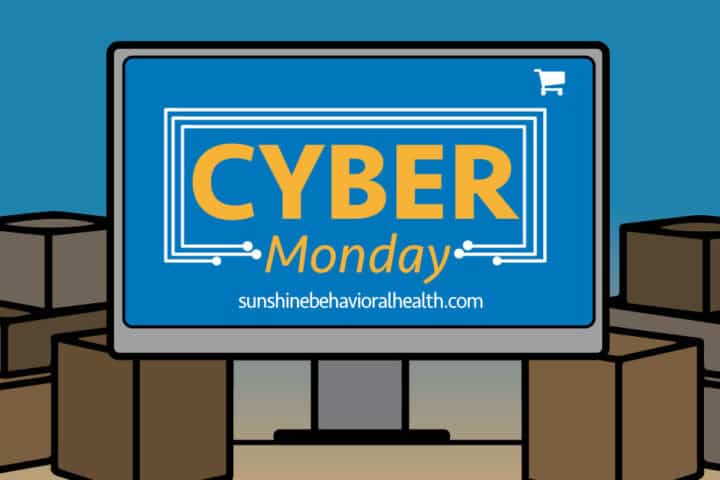
Similar Impulses Drive Shopping Addiction and Substance Use Disorders
What drives compulsive shopping has been the subject of debate for some time. Some medical professionals argue it’s an obsessive-compulsive disorder, while others insist it’s a problem of impulse control. More recently some researchers are coming to believe it’s an addictive disorder.
Lending credence to it being an addiction is that compulsive shoppers face uncontrollable urges to shop and invest so much energy into the process that it interferes with one’s life. It’s similar to how the substance-dependent individual devotes a lot of time, thought, and energy toward chasing that high (or running from the pains of withdrawal).
Online shopping makes acquisition all the easier. There are both pros and cons that accompany that ease. It’s convenient. It lets you social distance. It gives you access to items that may be difficult to find at nearby brick-and-mortar stores. It’s also easy. Too easy.
Adding drama is that a few seasonal complications may make it harder to put a stop to purchasing.
Since COVID-19 landed and sparked a global pandemic, online shopping has seen brisk business — it was humming along heartily in February, at rates comparable to those seen on Cyber Mondays. Coronavirus cases dipped for a while, but online shopping habits didn’t. With COVID cases spiking skyward once again, that adds to an already anxious and sometimes acquisition-centered time.
Many of us are now thinking toward the year-end holidays, about buying gifts, about staying COVID-free and flu-free, or how we’ll fare in another potential shutdown.
Anxiety drives a lot of addictive behaviors, including compulsive shopping. It’s not just buying a handbag or car seat covers, either. There’s also the panic buying — remember the shortages of toilet paper and wipes of a few months back? People resort to that to soothe their anxiety and give them a feeling of some control.
Seeing an empty or nearly empty shelf in a store can drive some people to panic purchases too. They reason that if an item is scarce, it must be essential.
Cyber Monday is becoming less of a day and more of a prolonged sale season. Some online retailers started slashing prices and offering steep discounts in the weeks before Thanksgiving. Others have made the most of the month of November, with pop-up sales or daily deals. That could make saying no all the more challenging, both to impulse purchases and to panic buying.
Sources
nih.gov – The Bergen Shopping Addiction Scale: Reliability and Validity of a Brief Screening Test
sunshinebehavioralhealth.com – Withdrawal Timelines: How Long Do Withdrawal Symptoms Last?
forbes.com – How COVID-19 is Transforming E-Commerce
npr.org – Coronavirus Is Surging: How Severe Is Your State’s Outbreak?
cnn.com – Cyber Monday 2020 is Coming Soon — Here’s What You Need to Know
A Message From Our CEO
Medical disclaimer:
Sunshine Behavioral Health strives to help people who are facing substance abuse, addiction, mental health disorders, or a combination of these conditions. It does this by providing compassionate care and evidence-based content that addresses health, treatment, and recovery.
Licensed medical professionals review material we publish on our site. The material is not a substitute for qualified medical diagnoses, treatment, or advice. It should not be used to replace the suggestions of your personal physician or other health care professionals.





